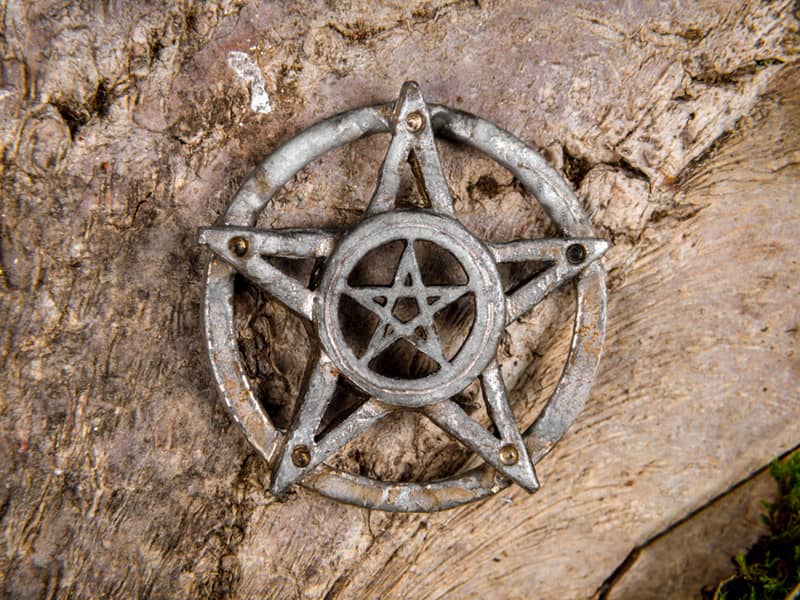Alexandra Adler was an extraordinary woman--a brilliant neurologist and psychiatrist. She was a true pioneer, one of the first women neurologists at Harvard Medical School, the first person to ever study civilian cases of post-traumatic stress disorder, and one of the most important interpreters of the theories of her father, Alfred Adler, who, along with Freud and Jung, helped to found modern psychiatry.
But as she lay dying, it was very difficult to know her wishes.
I have always held to the notion of a "good death." I believe that if you can't go in your sleep, the best thing would be to die at home, with your friends and loved ones around you. I have a friend whose father and mother died in exactly this way: at home, lucid to almost the last moment, with the whole family sitting by the bedside.
But none of my relatives go that way. Thirty years ago after cancer had entered almost every part of her body, my mother died in horrid distress and confusion, barely conscious and tied to every kind of machinery.
Three years ago, my father died after two horrendous weeks on a respirator. A doctor, himself, and a fighter to the end, he would have nothing to do with a living will or a "do not resuscitate" order.
Doctors and atheists make up a large part of my family, so it's hard to put into practice the wisdom in books like the "Pagan Book of Living and Dying," particularly when your relatives have other things in mind.
Like most in her generation, my aunt never had a living will nor had she ever mentioned her intentions. We knew she wanted to be cremated, and that she wanted to make sure there was no religious ceremony. Her attitudes toward religion could be summed up in her view that most religious experiences were examples of schizophrenia.
Now, as she lay in the hospital again--her heartbeat irregular, her kidneys not working, her circulation poor, her consciousness lessening--it fell to me, her only surviving adult relative, to make critical decisions. I asked her questions, telling her to squeeze my hand depending on what she wanted, but her answers were inconsistent, and the doctors believed that she was no longer responsive.
Three of us--her personal adviser, my husband and myself--met every day to see her and to figure out what we should do. We constantly questioned ourselves. What was her intent? What would she have wanted us to do?
It was fairly easy to decide that she would not want to be tortured, shocked, or violently resuscitated. But when asked if we wanted to give her morphine and take her off the respirator, we could not come to a decision easily. We waited many days, until it was clear that every system was failing. When we did remove her from the machine, she died peacefully within ten hours.
My own views about death and beyond are probably not the views of the majority of Wiccans. I am a total agnostic when it comes to reincarnation. Even though I was once regressed and came up with a fairly believable past life, I am not convinced it was necessarily a life I lived, but perhaps a piece of information from the collective unconscious.
I do feel very much in harmony with a simpler view, that we return to the elements: earth, wind, fire, and water. I remember reading a remarkable passage in a book about the I Ching by Barbara Walker. She wrote that the idea of the four elements goes back to the way we die: We are either buried in the earth, burned on a pyre, drowned or thrown into the sea, or left for carrion in the open air. I have always been comfortable with that idea although I would be perfectly happy to find myself walking in the Elysian Fields, as the ancient Greeks believed, or in Wicca's equivalent, the Summerland.
Returning to earth, wind, fire and water seems harmonious with an earth-based spirituality, and not so inimical to the agnosticism and atheism in which I was raised.
When thinking about my own life, I know that I do not want my life prolonged when my intellect and memory are gone. I certainly don't want to die on a respirator in a sterile hospital setting.
But I also know that my own attitudes were not necessarily those held by my aunt. My view that hospitals are not good places to die was confounded by the fact that Alexandra Adler had lived her best years in hospitals, had even worked in the very one in which she died. The surroundings that I see as so sterile, were her home and the place of her best memories.
It's very easy to say what you believe about these ultimate things as you discuss them with like-minded people, or argue them intellectually. For example, I have supported a person's choice of physician-assisted suicide, as long as it is a free choice and not motivated by the economics of a capitalist healthcare system.
But when it came to honoring the wishes of another human being, it was clear that my own point of view had to take a back seat. Although my aunt had not given specific instructions, we had to honor her life as a scientist, a doctor, and a non-religious person. We had to make sure that she lived as long as it was possible to live humanely.
Now as we plan a memorial service, I may dream about all those earth-based invocations that I hope will be said when I die, but I know that if she were around, she would probably think they were poppycock. In death, as in life, deciding what is appropriate for someone you love is always more complex than the attitudes and beliefs you bring to the decision.

